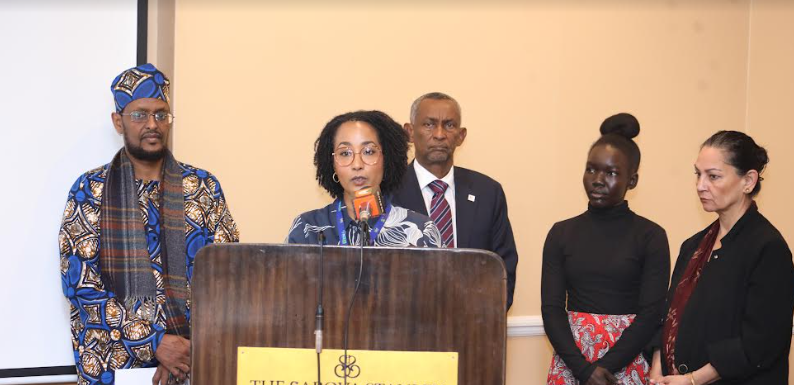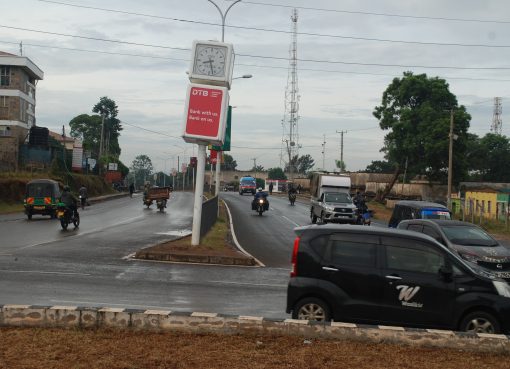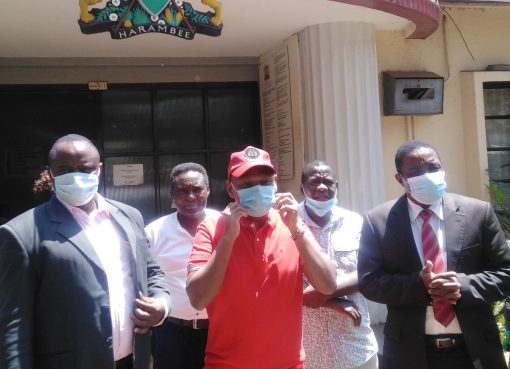The number of people in four countries in Africa who are in dire need of food assistance occasioned severe drought has increased from 20.7 million since the last drought in 2017 to 43.5 million.
According to OXFAM in Africa Director Fati N’Zi Hassane, severe and frequent extreme weather caused by climate change has had adverse effects in some parts of Kenya, Ethiopia, Somalia, and South Sudan, depleting people’s food reserves and leaving those already vulnerable with nothing to fend for themselves.
Hassane said the climate crisis has taken its toll, especially on women and girls who are forced to walk long distances daily in search of water and food to feed their families, and girls dropping out of school, besides causing displacement in families.
“Too often, when food is scarce, mothers eat last, and girls are the first to drop out of school or marry off at a young age, so there is one less mouth to feed,” she stated.
Hassane announced that nearly 13 million animals died and hundreds of thousands of hectares of crops were decimated as a result of the prolonged drought and erratic rainfall, leaving millions of people without income and food.
“These four East African countries have incurred up to an estimated $30 billion of losses from 2021 to the end of 2023. Oxfam calculates these countries also lost approximately $7.4 billion worth of livestock,” she noted.
The director, who was speaking today at a Nairobi hotel on the sidelines of the first three-day Africa Climate Summit 2023 hosted in Nairobi, urged African leaders to speak up and hold rich polluting nations to account for the climate crisis.
“Rich nations must immediately inject funds to meet the $8.74 billion UN humanitarian needs for East Africa in order to save lives now,” she stressed.
Hassane emphasised that the biggest polluters should pay their fair share of the money East Africa needs to strengthen its efforts to help its most vulnerable citizens prepare for the next climatic shock, adding that the funds must be sustainable, in the form of grants rather than loans.
“Leading up to COP28, African voices must be loud in demanding rich polluting nations drastically cut their emissions and compensate East Africa for all their climate loss and damage so that the region can recover from these worsening climate shocks,” said Hassane.
She at the same time disclosed that despite being largely responsible for the worsening climate crisis in East Africa, rich nations paid Ethiopia, Kenya, Somalia, and South Sudan just $2.4 billion in climate-related development finance in 2021, in contrast to the $53.3 billion East Africa says it needs annually to meet its 2030 climate goals, in particular the hunger crisis.
The director further noted that nearly half of the funds, totaling 45 per cent, given by rich nations were loans, which further plunged the region into more debt.
By Bernadette Khaduli





